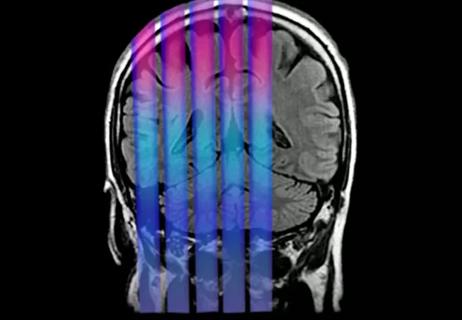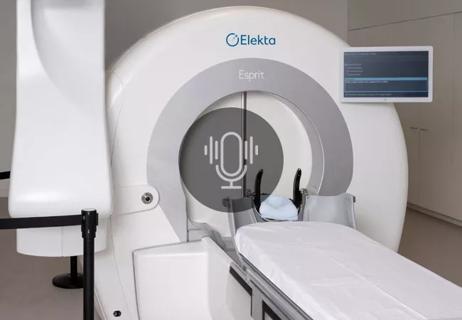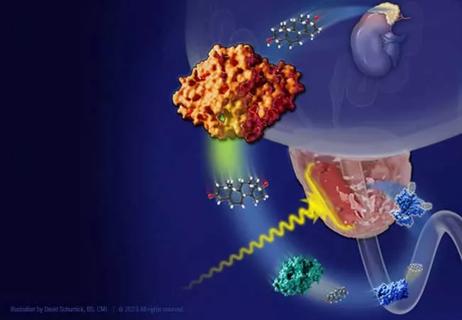Daily five-fraction partial breast irradiation (PBI) shows similar acute and late toxicity as every other day PBI

A retrospective study of patients with breast cancer undergoing five-fraction partial breast irradiation therapy (PBI) found similar acute and late toxicity with daily and every other day schedules. Findings from this study led by Cleveland Clinic radiation oncologist Chirag Shah, MD were presented at the American Society for Radiation Oncology (ASTRO) 2024 Annual Meeting.
Advertisement
Cleveland Clinic is a non-profit academic medical center. Advertising on our site helps support our mission. We do not endorse non-Cleveland Clinic products or services. Policy
The study reviewed the records of 507 patients with ductal carcinoma in situ (DCIS) or early-stage breast cancer, with the goal of comparing acute and late toxicities of daily versus every other day five-fraction PBI. All patients received 30 Gy in five fractions delivered with intensity-modulated radiation therapy and all were treated at Cleveland Clinic and included in an institutional registry. Of the 507 patients reviewed, 156 were treated daily and 351 were treated every other day.
“We have a high-volume breast program at Cleveland Clinic. I started this regimen in 2015 ― almost nine years ago now ― and since then we have increased the volume [of treated patients] with this approach,” Dr. Shah says. “We treat several hundred patients per year throughout the Cleveland Clinic system with this regimen.”
The study evaluated both acute and late toxicities (those occurring within 90 days of treatment or later, respectively). Toxicities evaluated included dermatitis, telangiectasias, fatigue, fibrosis/induration, hyperpigmentation and lymphedema.
“Importantly, in the short term ― and we consider short term to be within the first 90 days [of treatment] — there are minimal differences in side effects. If anything, the daily regimen seemed to have fewer side effects than every other day regimen,” Dr. Shah says. “The two approaches are very comparable with regards to acute side effects.”
As far as late side effects are concerned, there was no significant difference between the two treatment groups. Importantly, local control at two years was similar between the two groups (99.6% in patients receiving PBI every other day and 100% in those receiving PBI daily).
Advertisement
Sean M. Parker, MD, a Cleveland Clinic radiation oncology resident and the first author of the study, highlighted the main clinical takeaway of this work and several potential benefits that a daily regimen could have for the patients.
“We already know that we can safely and effectively deliver five-fraction PBI every other day,” he says. “We have long-term, phase 3 trial evidence of that, but we feel shortening the treatment for patients from two weeks down to one week can have a significant impact for patients in terms of the treatment burden. Importantly, there are no severe toxicities across either regimen. Overall, partial breast irradiation delivered daily is very well tolerated.”
Dr. Shah adds that a significant number of breast cancer patients travel from faraway places to get treatment at Cleveland Clinic and that providing a shorter treatment would have the greatest impact on this population.
“The number of patients who travel for more than 50 or 60 miles away is significant, and the ability to finish radiation in five days is a unique and game-changing option for them,” he says.
Advertisement
Advertisement

An update on the technology from the busiest Gamma Knife center in the Americas

Radiation oncology department finds weekly plan of care meetings have multiple benefits

Study offers a foundation for additional research to examine radiation and immune response

Number of stent layers correlates with worse outcomes

Research highlights promising outcomes for treating recurrent and metastatic cases

Improvements enable targeting of brain tumors with single-session, fractionated or neoadjuvant approaches

Correlation found between the biomarker HSD3B1 and resistance to combined hormone therapy and radiotherapy

Cleveland Clinic radiation oncologists aim to bring the noninvasive approach back to the U.S., where use has declined